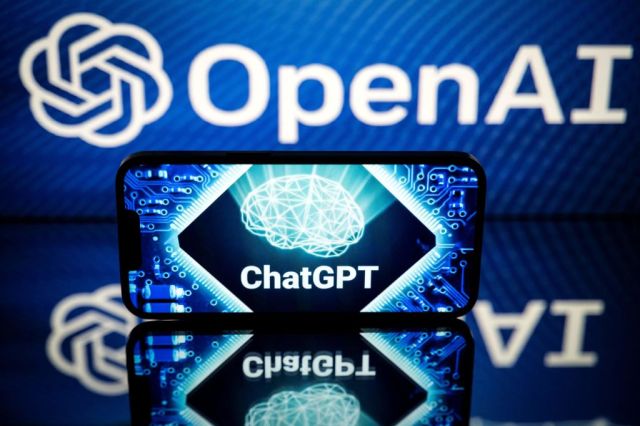If you’re pondering the utility of chatbots, consider this: They excel at persuading individuals through arguments.
Surprisingly, with just a small set of demographic data, GPT-4 has shown the ability to sway human debate adversaries to align with its stance a remarkable 81.7% more frequently than human counterparts, as per findings from a consortium of Swiss and Italian scholars.
The researchers devised various debate topics, such as the relevance of retaining pennies in circulation, the ethicality of conducting laboratory experiments on animals, and the role of race in college admissions. Participants, whether human or AI opponents, were randomly assigned a topic and position to defend, engaging in debates where some were privy to demographic details like gender, age, ethnicity, education level, employment status, and political inclinations, while others were not.
When armed with demographic insights, the LLM GPT-4 surpassed human performance significantly. Even without this data, the AI still outshone humans, albeit to a lesser extent that lacked statistical significance. Interestingly, when humans received demographic information, their performance deteriorated, noted the team.
In essence, the study revealed that not only can LLMs adeptly leverage personal data to tailor arguments, but they outshine humans in doing so. This research, while not groundbreaking in exploring LLMs’ persuasive power, sheds light on their real-time efficacy, an area still shrouded in limited understanding.
Acknowledging the study’s imperfections, such as participants’ random allocation of debate positions, the team emphasized the critical implications of the results. Concerns were raised about the potential misuse of LLMs to manipulate online discussions and disseminate misinformation, a worry echoed by industry experts.
The team urged online platforms and social media entities to address the threats posed by AI’s persuasive capabilities and take proactive measures to mitigate potential repercussions. Detecting AI-generated content remains a challenge, especially in combating large-scale disinformation campaigns orchestrated by malicious actors.
As AI’s influence grows, particularly in conjunction with data giants like Meta and Google, the risks associated with personalized AI persuasion become more pronounced. The researchers underscored the urgency for continued investigation into human-AI interactions as AI’s evolution reshapes online engagement dynamics significantly.
Looking ahead, the team plans to delve deeper by studying human subjects engaging in debates rooted in more firmly entrenched positions to gauge the impact. Collaboration between academia and industry is crucial to assess and address the societal risks posed by AI advancements, suggested Manoel Ribeiro, one of the paper’s authors, emphasizing the need for ongoing research in this evolving landscape.










